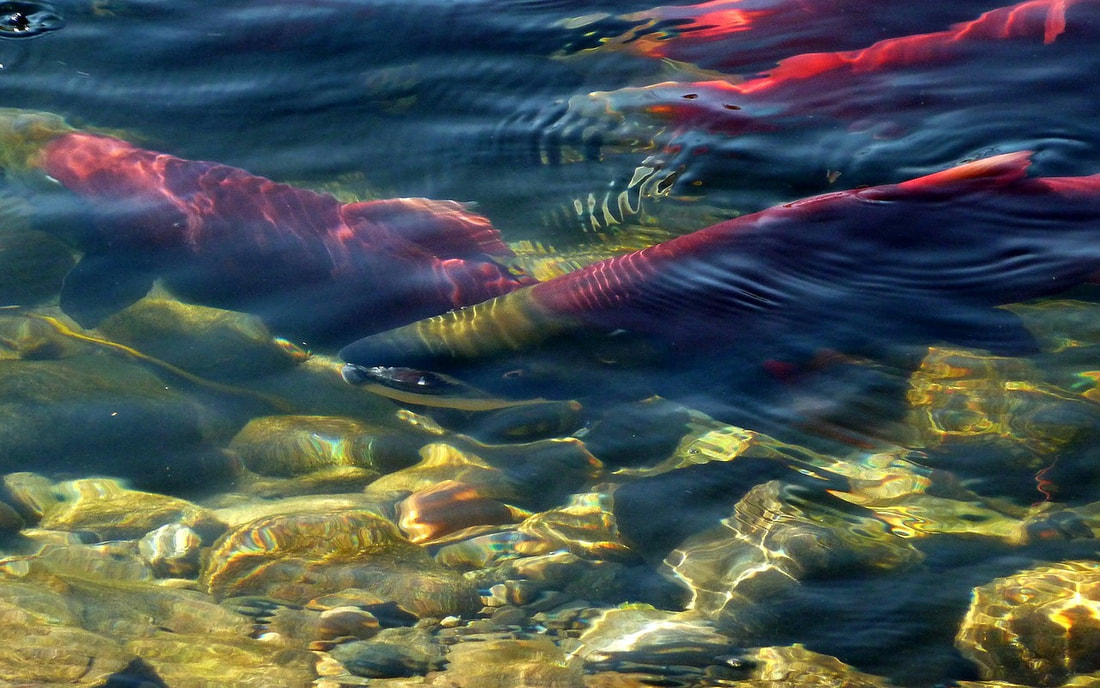|
OTTAWA -- Scientific research plays an important role in informing our policy choices on sustainable aquaculture activities and management. Fisheries and Oceans Canada (DFO) released a science advisory report on the assessment of the risk to Fraser River sockeye salmon due to Infectious Hematopoietic Necrosis Virus (IHNV) transfer from Atlantic salmon farms located in the Discovery Islands area of British Columbia.
Also read, Escape of Atlantic salmon from Washington facility has Canadian officials on high alert. IHNV is native to the Pacific Ocean environment and while it occurs in wild salmon, farmed Atlantic salmon are more susceptible to the disease. The report concludes that there are minimal risks to the wild Fraser River sockeye salmon populations due to the transfer of IHNV from Atlantic salmon farms in the Discovery Islands. Current fish health management practices such as vaccination and eradication of infected fish, help to minimize the risk. The advice in the report was developed by consensus. "Our government is committed to sound science. We use scientific advice when making decisions affecting fish stocks and ecosystem management, and this risk assessment provides clear, scientific information to help us do that," said Dominic LeBlanc, P.C., Q.C., M.P., Minister of Fisheries, Oceans and the Canadian Coast Guard. This report is the first in a series that will assess the risk of pathogen transfer associated with aquaculture activities to wild fish and the environment in the Discovery Islands. All reports will be made available to the public. DFO carried out the analysis under the Aquaculture Science Environmental Risk Assessment Initiative. The request for Canadian Science Advisory Secretariat advice supports DFO's role of managing aquaculture in BC and aligns with recommendations in the Cohen Commission Report on the risks to wild fish populations related to pathogen transfer from fish farms. The Aquaculture Science Environmental Risk Assessment Initiative synthesizes scientific knowledge and provides risk-based science advice to support science-based decision making on sustainable aquaculture. The peer review group was made up of 39 experts from various disciplines selected for their expertise and knowledge. The participants included scientific expertise from DFO, provinces, academia (Canada and International), Indigenous peoples, and stakeholders. The peer review process is intended to review and challenge the scientific information leading to objective consensus. Science peer review processes are evidence-based, objective, impartial and respectful. SOURCE Fisheries and Oceans (DFO) Canada
0 Comments
Leave a Reply. |
Advertisement
News & Updates
Stay informed with the latest news around foodservice, agriculture and other related food news. Advertisement Opportunities
|


 RSS Feed
RSS Feed


